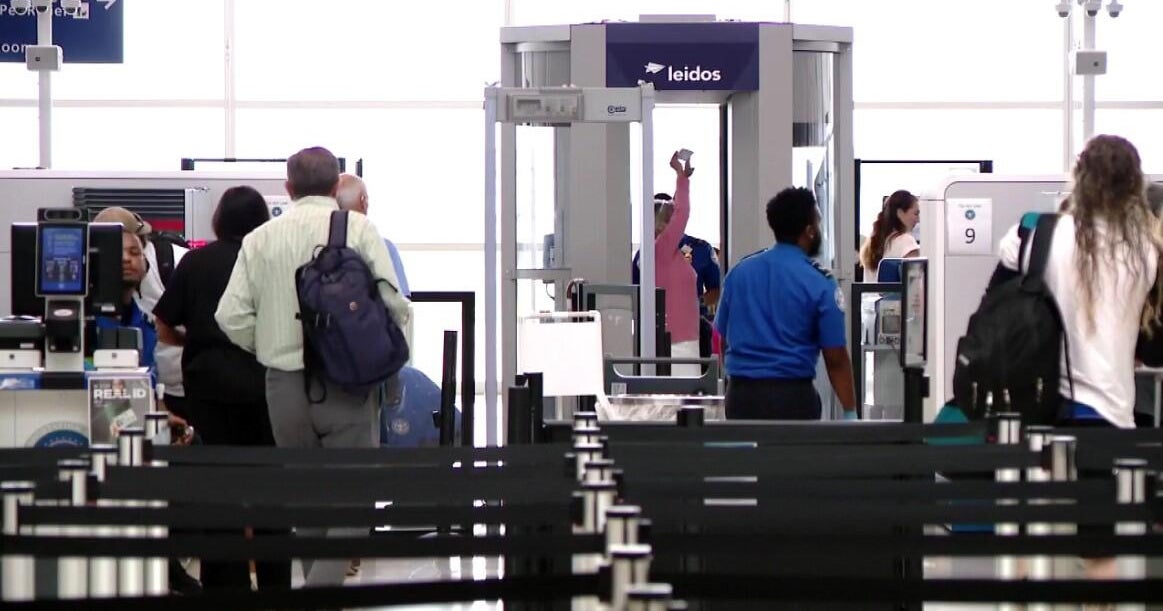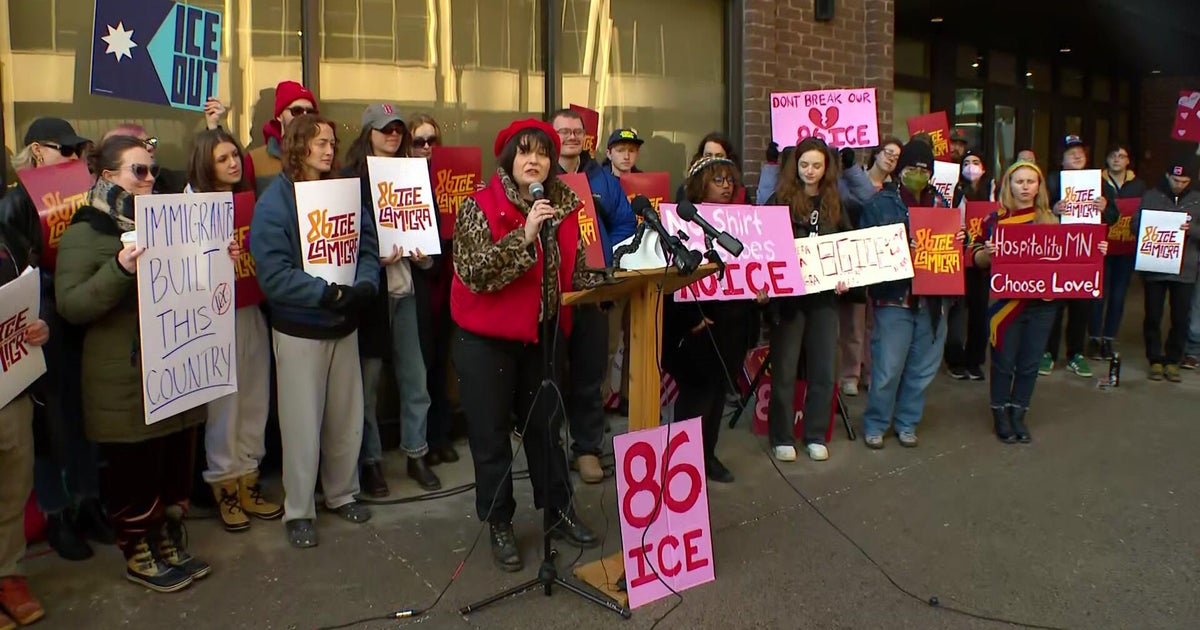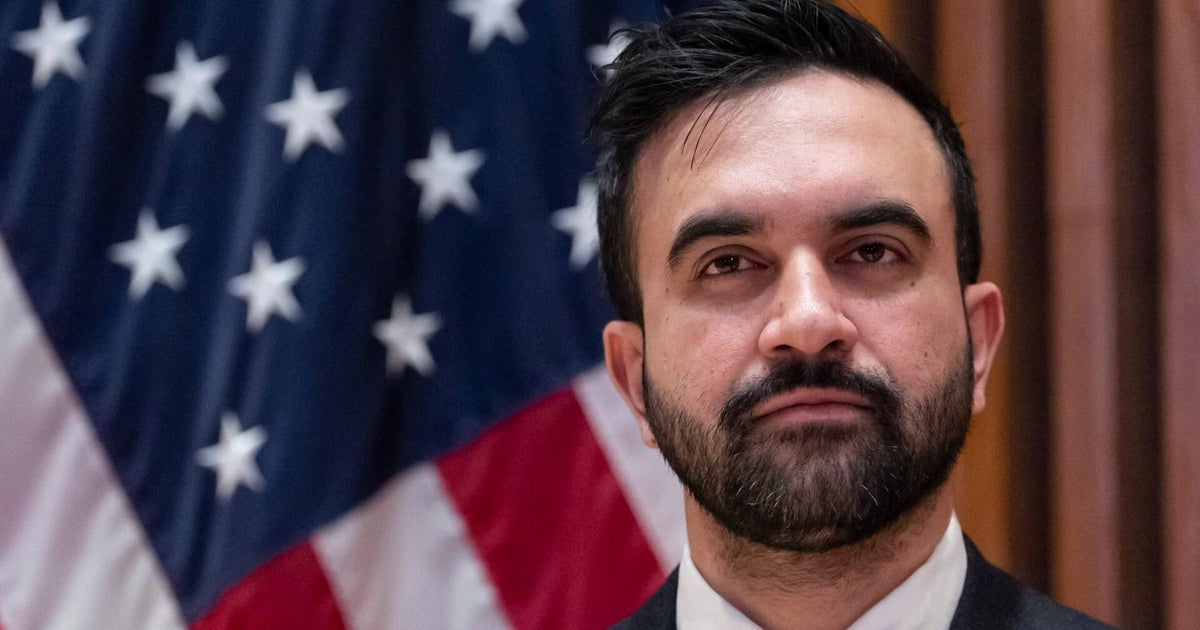Nearly 700 State Workers Earn More Than $100K
ST. PAUL, Minn. (WCCO) -- There was a lot of debate at the Capitol this year about pay raises for Minnesota lawmakers.
But a WCCO investigation found soaring salaries are actually going to state employees who work as staff members.
Even taking out workers at the state judicial branch, MnSCU and the U of M, there are nearly 700 state employees making more than $100,000.
WCCO asked taxpayers on the street who the highest paid state employees and almost everyone told us it was Gov. Mark Dayton.
But that's not true.
WCCO got the list of nearly 37,000 people who work for state agencies, the governor and the state legislature.
There are 107 state workers who make more than the $118,000 that Gov. Dayton pulls in each year. And 698 state workers earn more than $100,000.
There is actually a state law that says state employees can't make more than the Governor, but the law allows for a lot of exceptions, and many exceptions allow staff members to make a lot more than their bosses.
Gov. Mark Dayton's own chief of staff, Tina Smith, makes $124,000 -- more than he does.
Legislators earn, on average, $40,000 a year.
But their salaries are dwarfed by most of their staff members' earnings. Though the legislature is in session for five months a year at most, lawmakers have 400 full-time staff members.
And 28 of those staff members make more than $100,000, and seven make more than Gov. Dayton.
Former State Representative Phil Krinkie, who's the President of the Taxpayers League of Minnesota said "legislative employees have very little to do" when the legislature is not in session.
Krinkie said the legislature has too many highly paid full-time workers.
"When there are few, if any, legislators in the building and no legislative session going on, there is little or nothing for many of these people to do in terms of productive work for the taxpayers," Krinkie said.
At a news conference last month, Gov. Dayton said many highly paid state employees could make more in the private sector.
"It's a competitive market, as it is in the private sector, and we need to be accommodating to that," Dayton said. "Very talented and sought-after people, like our commissioners and agency heads, can get salaries 50 to 100 percent larger than that."
But Krinkie said the state could save money by outsourcing the jobs of some of its highly paid employees.
The highest paid state employee is Howard Bicker, who earns $253,000 as the executive director of the State Investment Board.
He manages $62 billion in state investments that have averaged an 8 percent return in 10 years.
Krinkie said someone like Bicker is highly skilled and has done a good job, but that the real question is whether the state should contract with an outside firm to handle the state's investments.
"The real question is, 'Is that a necessary role for someone in state government, or should those funds be managed from outside investment firms?'" Krinkie said.
The Minnesota Department of Human Services has 20 doctors working at state hospitals who make more than $200,000 a year. The Department of Corrections has five dentists making more than $120,000 each.
"Is it more cost effective to contract out for dental services, or do you hire a dentist who is going to be on location?" Krinkie said.
And then there is the question of duplication. The Office of Enterprise Technology is in charge of computer services for the state, and has 51 employees earning more than $100,000.
Yet each individual state agency still has its own IT officers who earn as much as $132,000 each.
"Do you really need that many IT people, not only in a central office, but in each agency," Krinkie said.
While the issue of raising legislative salaries has been hotly debated, Krinkie said the larger issue of overall state employee pay is off the radar.
"Few state legislators really take the time to take a look at what is really going on in the internal workings of state government and that is why we have bureaucratic bloat," Krinkie said.
WCCO did not hear back from the DFL House or Senate leaders for comment. A spokesperson said the state is working on a plan to consolidate IT services, but denied there is duplication.
As for lawmakers, voters will decide in 2016 if a council should set legislators' pay.
Want a closer look? Check out these links.
Executive Branch Employee With Total Regular Wages Over $100,000
Minnesota Senate Salary Roster
Minnesota Senate 2012 Expenses







